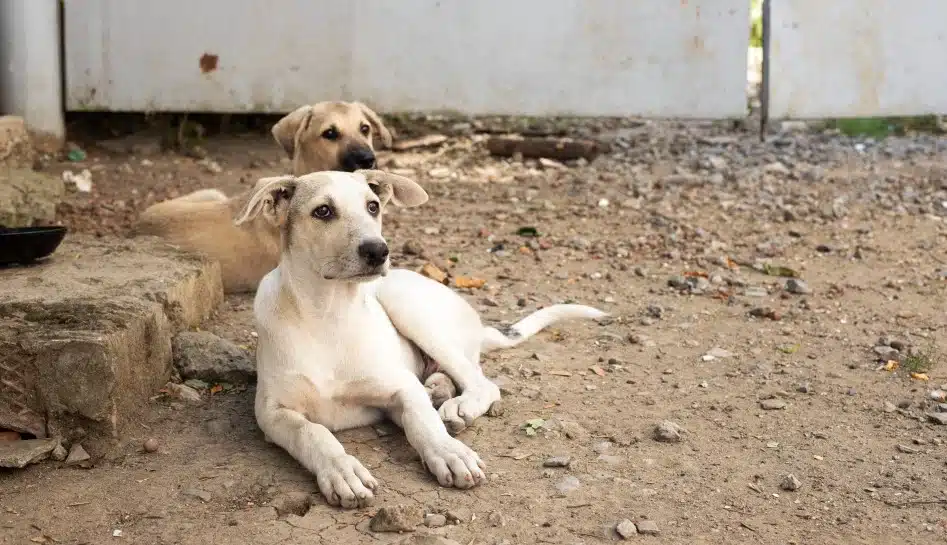The state of Kerala alone has reported more than 200,000 dog bite cases and 21 deaths in 2022 which is almost double the number reported previous year
The sudden increase in the number of rabies infections in India is emerging as a serious public health problem, with the country already accounting for 36 percent of all rabies deaths globally and 65 percent in the South-East Asia area.
Citing National Rabies Control Program of India, Lancet in its latest article reported 6644 clinically suspected cases and deaths of human rabies between 2012 and 2022.
Rabies is transmitted through the bite of animals infected with rabies, primarily dogs. Globally, dog-mediated rabies causes an estimated 59,000 human deaths annually.
In the Indian state of Kerala, the number of infected dogs has doubled in the last five years. Among 300 samples taken from dogs, 168 samples (56 percent) were found to be positive for rabies, compared to 32 percent in a similar study conducted in 2016.
The state has reported more than 200,000 dog bite cases and 21 deaths (12 deaths were laboratory confirmed) in 2022 which is almost double the number reported previous year.
Six of the victims, including a 12-year-old child, died despite receiving anti-rabies immunoglobulin (RIG) and vaccine.
Due to a severe shortage of vaccines resulting from an increase in rabies cases, 250 anti-rabies vaccines were allegedly administered without being subjected to the required quality tests.
Till now, the expert panel constituted to investigate deaths has not reported any concern regarding the effectiveness or potency of biologicals or the emergence of rabies virus strains that evade the protective effects of vaccine.
The neighbouring state of Tamil Nadu has also reported 18 deaths from rabies over the last eight months.
The current rabies crisis in many countries, including India, is not controlled because stray dogs and other rabid animals roam freely and attack people.
Following the pandemic, an increase in dog aggressiveness has been documented in India, most likely as a result of food shortages, pet abandonment, and a decrease in human-dog interaction.
The inaction by the authorities would lead to people harming innocent dogs not involved in any attack on humans, environmental activists fear.
Despite the Prevention of Cruelty to Animals Act of 1960, which protects stray animals, and the Animal Birth Control (Dogs) Rules of 2001, which makes it illegal to remove or relocate dogs, mass killings of dogs have been reported.
Following filing of a public interest litigation (PIL), the Supreme Court of India has directed Kerala to take strict measures. Animal rights activists allege an inefficient implementation of the Animal Birth Control (ABC) program and vaccination of pet and stray dogs as the main issues for the rising dog menace.


















Add Comment